How Much Is a Root Canal in the Dominican Republic? (2025 Price Guide)
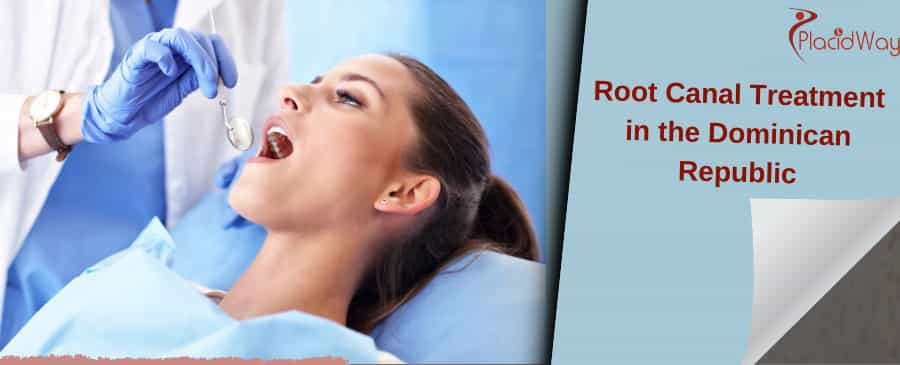
If you're dealing with a painful, infected tooth, a root canal is often the necessary treatment to save it. However, the high cost of this procedure in many Western countries can be a major hurdle. This has led many people to explore dental tourism, and the Dominican Republic has emerged as a top choice. Known for its beautiful beaches, the country is also gaining a reputation for high-quality, affordable dental care. A root canal in the Dominican Republic can be a fraction of the cost you would pay at home, making it a viable option for those without comprehensive dental insurance or who are simply looking to save money. This guide will provide a detailed breakdown of root canal costs, factors that influence the price, the quality of care you can expect, and other important information to help you make an informed decision.
How much is a root canal in the Dominican Republic on average?
The average price of a root canal in the Dominican Republic is one of the most compelling reasons for dental tourism. The cost is often a fraction of what patients would pay in the U.S., Canada, or Europe. While a simple root canal can start around $200, more complex cases, such as those on molars, might be closer to $400. This pricing is highly competitive and reflects the country's lower cost of living and reduced operating expenses for dental clinics.
The total cost will depend on several factors, including the clinic's location (major cities like Santo Domingo or tourist areas like Punta Cana), the dentist's experience, and the materials used. Many clinics offer transparent pricing and are willing to provide a detailed quote upfront. This allows patients to plan their budget effectively and see the significant savings they can achieve by choosing the Dominican Republic for their dental treatment.
Does the type of tooth affect the root canal cost?
The complexity of a root canal procedure is directly related to the tooth being treated. Teeth with more roots and root canals are more difficult to treat and therefore more expensive. Here is a typical breakdown of costs based on the tooth type:
- Anterior (Front) Teeth: These teeth have a single root and are the easiest to treat. A root canal on an anterior tooth can cost around $200 to $300.
- Premolars: Located between the canines and molars, premolars often have one or two roots. The cost for a premolar root canal is generally in the $300 to $350 range.
- Molars: As the largest teeth with two or three roots and complex canal systems, molars require more time and expertise. The cost for a molar root canal can be between $350 and $400.
This tiered pricing structure is standard in dentistry worldwide, and the Dominican Republic's clinics reflect this practice while maintaining a much lower price point overall.
Why are root canals so much cheaper in the Dominican Republic?
The affordability of dental procedures in the Dominican Republic is not a sign of poor quality, but rather an economic advantage. The country's lower cost of living allows dental clinics to operate with significantly less overhead. This includes lower salaries for dentists and staff, reduced rent for clinic space, and more affordable utilities. These savings are passed on to the patient, resulting in a much lower price for a root canal and other treatments.
Furthermore, many dental clinics in the DR are catering to a large international patient base, making them highly competitive. They invest in modern technology and materials to attract patients from the U.S., Canada, and Europe. This competitive environment, combined with the favorable economic conditions, drives prices down while maintaining high standards of care and expertise.
Is a dental crown included in the cost of a root canal?
It's crucial to understand that a root canal and a dental crown are two distinct procedures. A root canal involves removing the infected pulp from inside the tooth, cleaning it, and sealing it to prevent future infection. After this is done, the tooth is often structurally weakened and requires a restoration to protect it from fracture. A dental crown, which is a cap placed over the tooth, provides this necessary protection.
The cost for a crown is an additional expense that you should factor into your total budget. In the Dominican Republic, a high-quality porcelain or zirconia crown can cost between $350 and $600. Some clinics may offer package deals for both the root canal and the crown, but it's important to ask for a detailed breakdown to understand each component's cost. The total for both procedures combined is still likely to be far less than the cost of a root canal alone in many other countries.
What is the quality of care for root canals in the Dominican Republic?
Concerns about the quality of care are natural when considering dental work abroad. However, the Dominican Republic has a well-developed dental tourism sector with a strong commitment to quality. Many dentists in the country are educated at top dental schools in the U.S. or other developed nations. Clinics often feature state-of-the-art equipment, including digital X-rays, 3D imaging, and specialized tools for endodontic (root canal) procedures.
Patients can find clinics that are accredited by international organizations and receive glowing reviews from past patients. The focus on providing excellent care to a global clientele means that clinics are dedicated to maintaining a high standard of expertise and patient satisfaction. It's recommended to do your research, read testimonials, and choose a clinic with a proven track record to ensure a positive and safe experience.
Are there any hidden costs I should be aware of for a root canal in the DR?
Transparency is key to a good dental tourism experience. While many clinics in the Dominican Republic are upfront about their pricing, it's always wise to ask for a detailed breakdown of costs. Potential additional costs might include:
- Initial Consultation and X-rays: While some clinics include this in their overall package, others may charge a separate fee for the initial examination and any necessary imaging.
- Medication: The cost of antibiotics or pain relievers prescribed after the procedure may not be included in the total price.
- Post-Op Care: Follow-up appointments or unexpected complications might incur additional fees.
- Restoration: As mentioned, the cost of a dental crown or filling to restore the tooth after the root canal is a separate charge.
By communicating clearly with your chosen clinic and getting a written quote, you can ensure there are no surprises and you have a full understanding of the financial commitment involved in your root canal treatment.
What is the typical timeline for a root canal procedure in the Dominican Republic?
One of the advantages of dental tourism is the efficiency of treatment. For a simple root canal, many clinics can perform the entire procedure in just one visit, which can last a couple of hours. This is especially beneficial for travelers who have a limited amount of time in the country.
If your case is more complex, or if you also require a dental crown, the process may require a few days. The timeline could look like this:
- Day 1: Initial consultation, X-rays, and the root canal procedure itself.
- Day 2-3: Impressions are taken for the dental crown, and it is fabricated in the dental lab.
- Day 3-4: The final crown is fitted and cemented into place.
Some clinics have in-house labs that can create a crown in a single day, which further streamlines the process. This makes it possible to combine a dental treatment with a vacation, all while saving a substantial amount of money.
For those interested in exploring the option of a root canal in the Dominican Republic, finding a trusted partner can make all the difference. PlacidWay specializes in connecting patients with top-tier international healthcare providers. Their network of vetted clinics and their expertise in medical tourism can help you find a high-quality, affordable dental solution. Explore the possibilities with PlacidWay and take the first step towards a healthier smile.




.png)






.png)

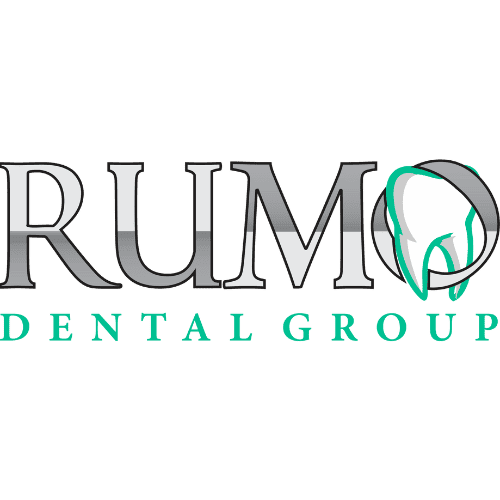
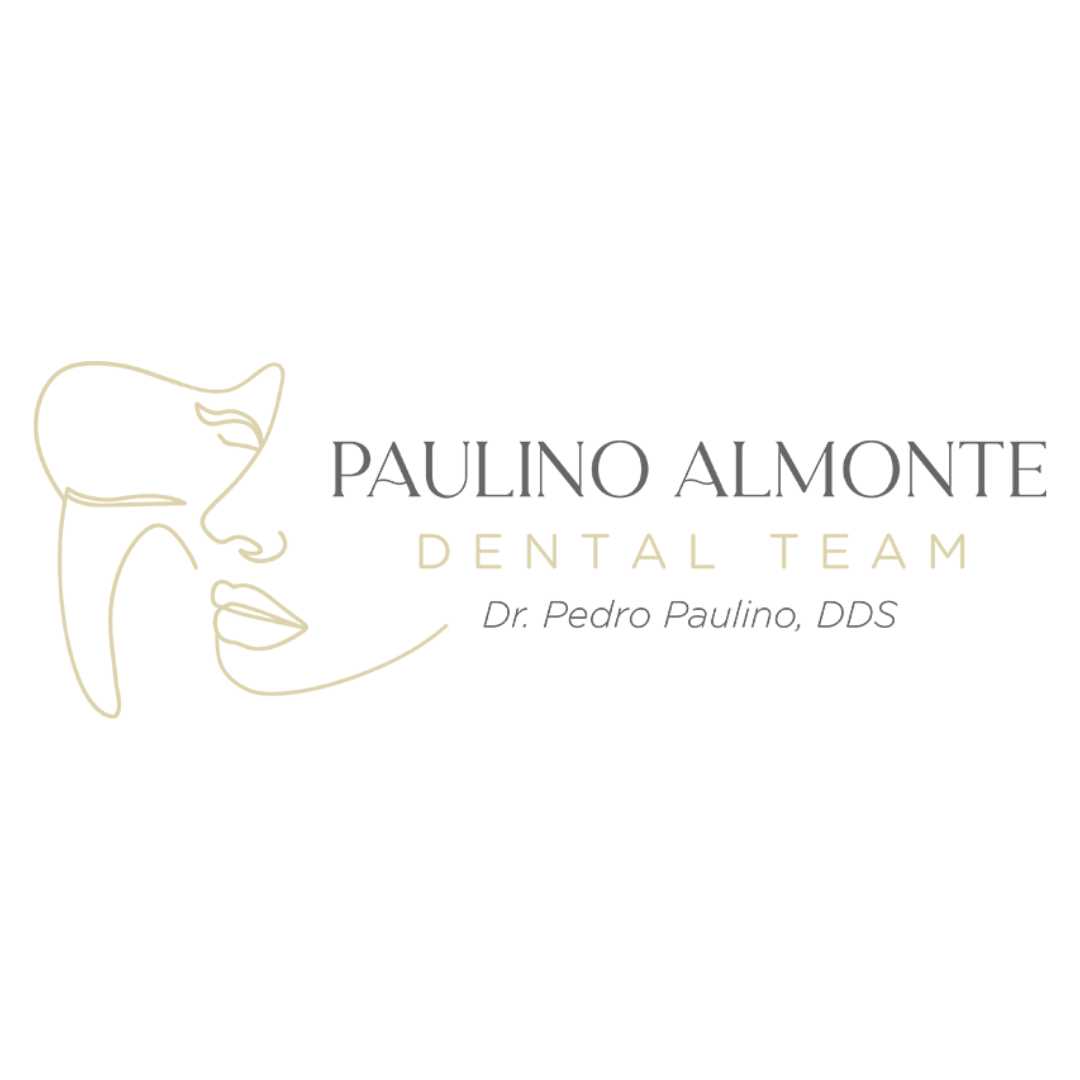

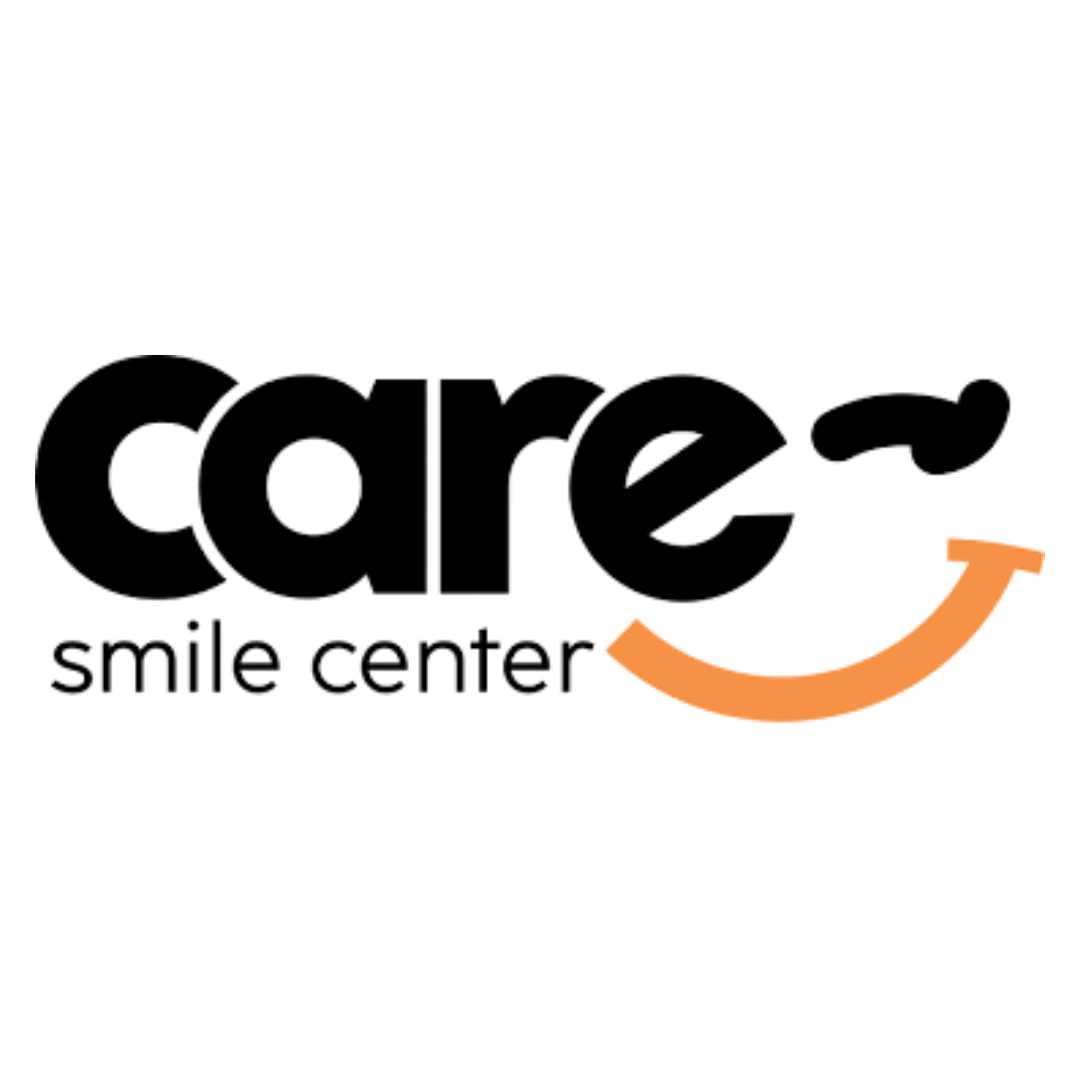
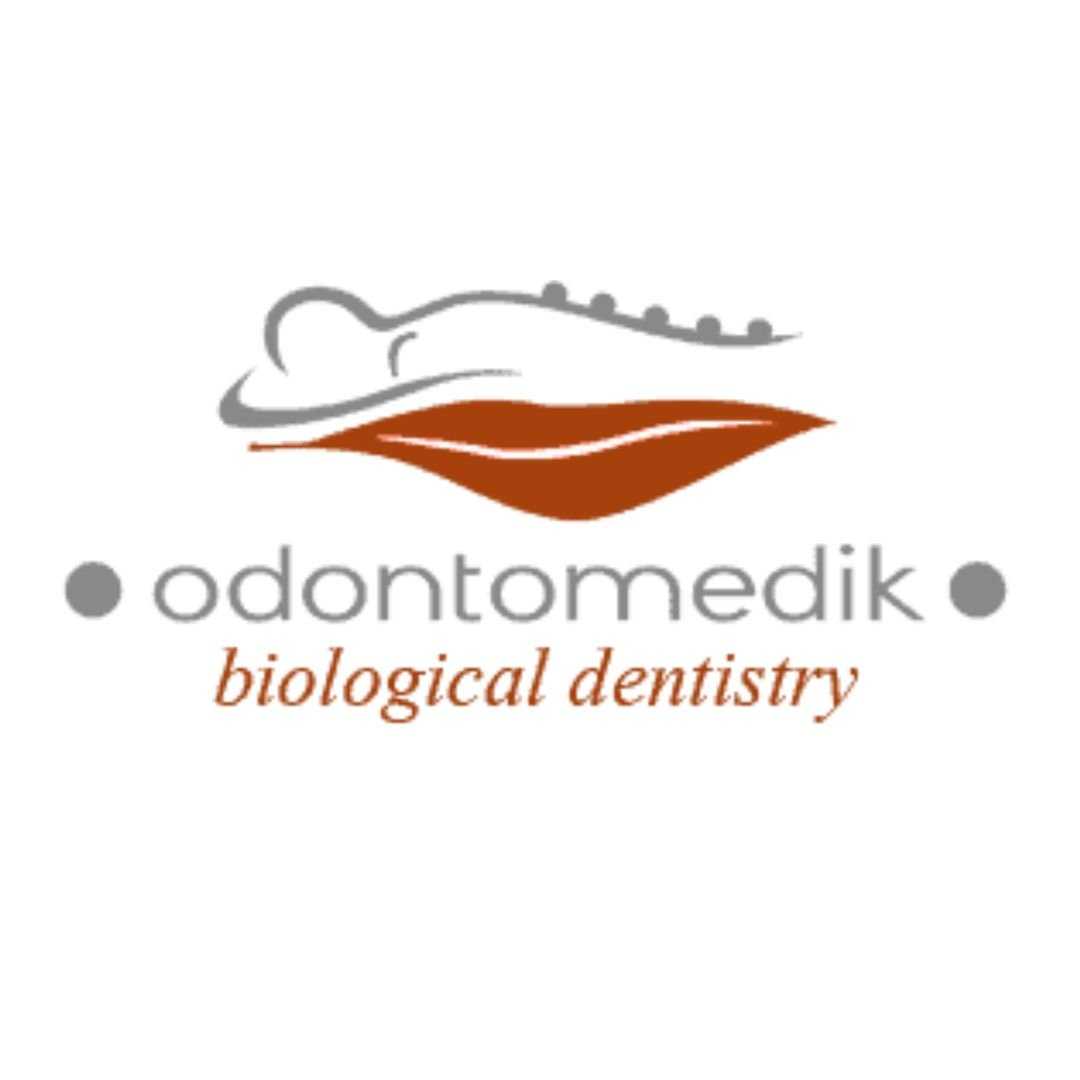

Share this listing